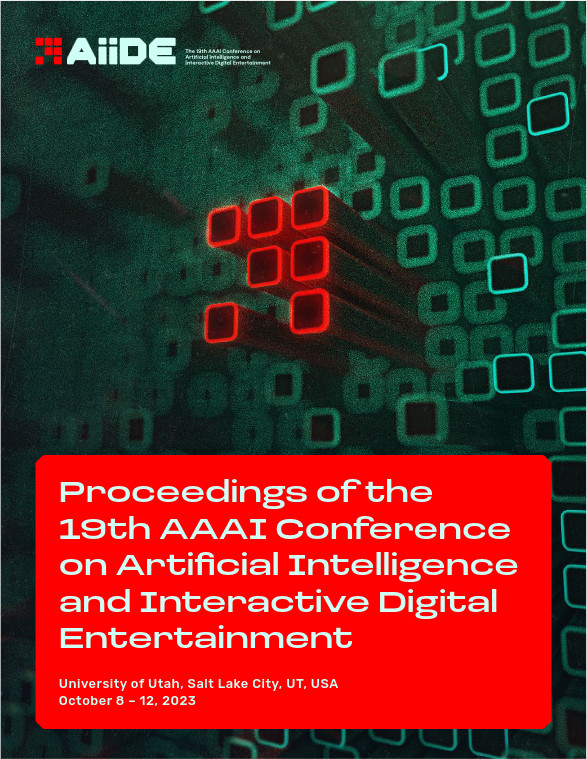Modeling Morality-Based Argumentation for Believable Game Characters: A Design Postmortem
DOI:
https://doi.org/10.1609/aiide.v19i1.27514Keywords:
Game Design, Believable Characters, Moral ReasoningAbstract
An ability to morally reason is crucial to the believability of many fictional characters, from Jane Austen’s heroines to the denizens of The Good Place. These works often foreground the complexity of moral questions and the circumstances un- der which different forms of behavior might be justified. Morality is also foregrounded in many games, from Black and White to Mass Effect 3. Yet, most in-game characters judge other characters (or the player) based on a single reputation scale or binary values of right and wrong. There has been little exploration in games of the relationship between char- acter values and beliefs and moral reasoning. In keeping with this year’s conference theme, “Oh the Humanity,” this design postmortem paper describes the design and development of Argument Box, a model of moral argumentation and reason- ing based on Lakoff’s metaphor theory of moral politics. We describe our design approach, iterations, and authoring con- cerns — covering what went right and wrong in our attempts to model morality-based argumentation for believable game characters.Downloads
Published
2023-10-06
How to Cite
AlJammaz, R., Mateas, M., & Wardrip-Fruin, N. (2023). Modeling Morality-Based Argumentation for Believable Game Characters: A Design Postmortem. Proceedings of the AAAI Conference on Artificial Intelligence and Interactive Digital Entertainment, 19(1), 185-194. https://doi.org/10.1609/aiide.v19i1.27514
Issue
Section
Research Track Posters

